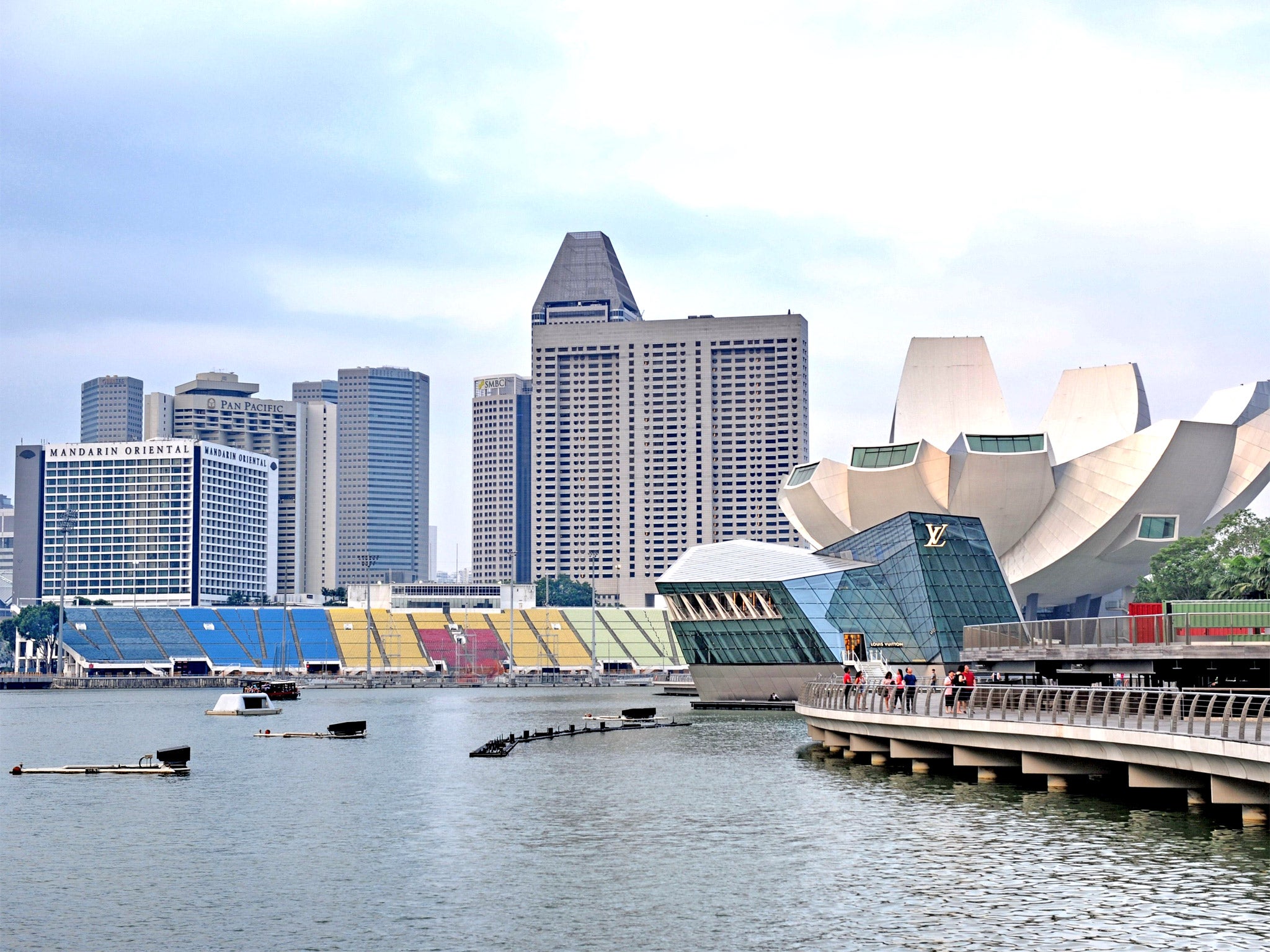Singapore sting: Sky-high prices are pushing locals to the edge of affordability
Some Singaporeans are concerned that more attention has been paid to attracting wealth than addressing their needs

Singapore’s super rich are always on the lookout for new playthings. At a jetty near the Changi Airport over the weekend, a vehicle called The Humdinga – a cross between a Hummer and a boat – was launched in a display for local media. The amphibious car is designed for disaster relief and policing, but some of the city state’s wealthier residents are eyeing it as an alternative to another Ferrari 458. The chance to bypass traffic by dipping into the waterways to reach the office, golf course or their yacht, is pretty alluring.
For the wealthiest, the news this week that Singapore now tops Tokyo and Osaka as the world’s most expensive city, according to a survey by the Economist Intelligence Unit (EIU), is probably not much of a surprise. But for ordinary Singaporeans, the daily cost of living has become a serious concern.
The survey, which compared cost of living in 131 cities, points to a strong Singapore dollar and depreciation in the Japanese yen for the result. Singapore was found to be the most expensive city to run a car and the most expensive place to buy clothes.
“The cost of living here has risen so rapidly in recent years that it’s practically impossible for young couples to afford housing or quality childcare unless they’re both working in relatively well-paying, white-collar jobs,” said Ashwin, an MBA student at the INSEAD School of Business and a father of a two-month-old, who only provided one name.
The Singapore-based EIU Asia analyst Sumana Rajarethnam agreed. “It’s not surprising that Singapore is the world’s most expensive city, it has been creeping up the cost-of-living rankings in recent years,” he said. “Ten years ago it was in 18th place, last year it was in sixth.”
With a population of 5.4 million people, Singapore now has more millionaires per capita than any other country in the world. According to Wealth-X, a consultancy that monitors the world’s über-rich, some 1,400 ultra-high-net-worth individuals call Singapore home, and they hold more than £96bn worth of wealth in Singapore. It has also overtaken Switzerland as the world’s fastest-growing wealth management centre.
In pictures: The top 10 most expensive cities
Show all 10“Singapore in general has become a very attractive place to live – it attracts a lot of top talent who have high wages… and it needs to import a lot of its goods to meet that demand,” Mr Rajarethnam said. “People moving here, demand for goods, high wages… that all drives up prices.”
Local residents look at increasing foreign wealth as the main influence on rising costs, although expats too are starting to feel the pinch.
“It is getting prohibitive,” said New Zealander Jo Dix. “As an expat I think we’re lucky – we have higher salaries than locals. If you’re a local person, I don’t know how you afford to live here. In some ways I think Singapore is pricing itself out of the market in terms of liveability.”
Some Singaporeans are concerned that more attention has been paid to attracting wealth than addressing the needs of locals. A report last year by Singapore Management University’s Lien Centre for Social Innovation found median income of employed residents in the bottom 20 per cent fell by eight per cent between 1998 to 2010, while the income of those in the highest-earning fifth jumped by 27 per cent.
“I shudder to think what single-income families or those in blue-collar jobs may be experiencing here,” Ashwin said. “The worst part is that wages don’t seem to be increasing in line with this rise in cost of living.”
Subscribe to Independent Premium to bookmark this article
Want to bookmark your favourite articles and stories to read or reference later? Start your Independent Premium subscription today.

Join our commenting forum
Join thought-provoking conversations, follow other Independent readers and see their replies